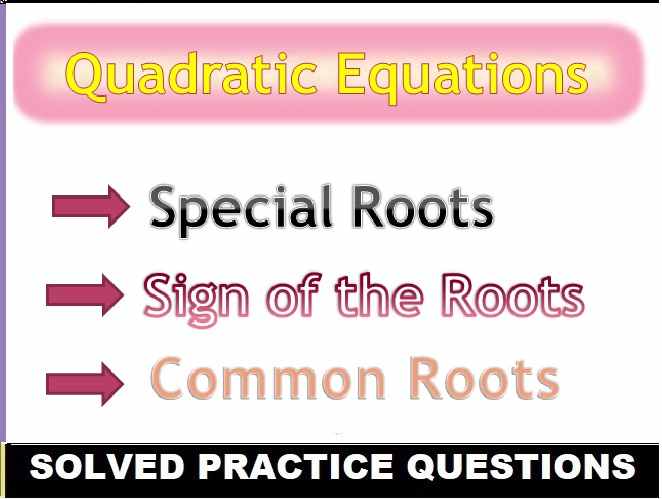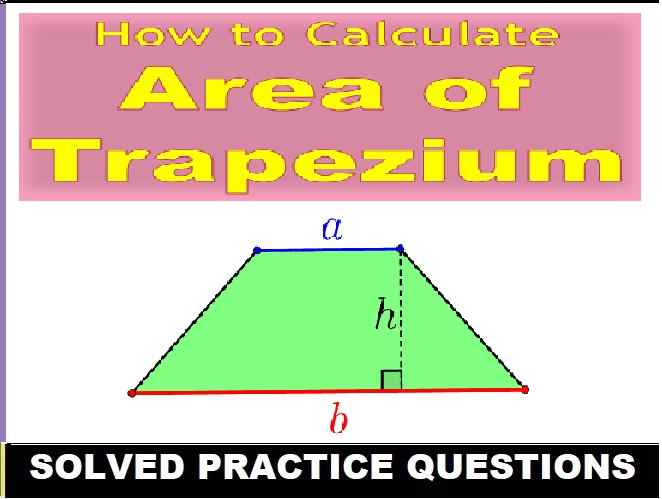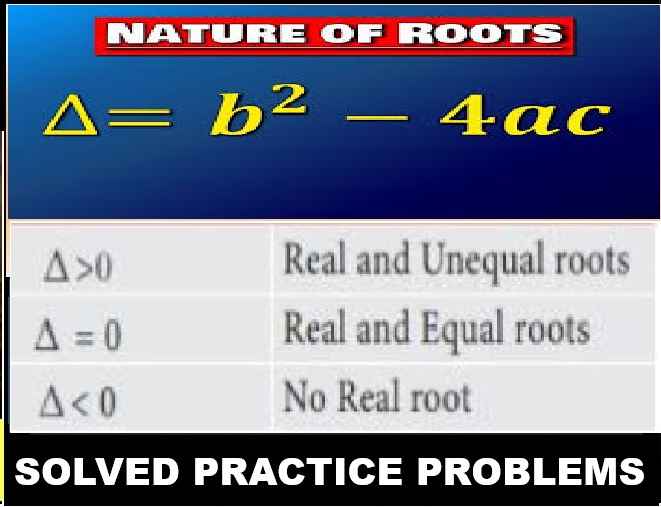Nutrition MCQs Answer Biology Class-9 ICSE Selina Publishers Solutions Chapter-10. Step By Step ICSE Selina Concise Solutions of Chapter-10 Nutrition (Nutrition in General) with Exercise-10 including MCQs, Very Short Answer Type, Short Answer Type, Long Answer Type and Structured/Application Questions Solved . Visit official Website CISCE for detail information about ICSE Board Class-9.
Nutrition Exe-10 MCQs Answer Biology Class-9 ICSE Concise Selina Publishers
| Board | ICSE |
| Publications | Selina Publication |
| Subject | Biology |
| Class | 9th |
| Chapter-10 | Nutrition (Nutrition in General) |
| Book Name | Concise |
| Topics | Solution of A. MCQs Answer Type |
| Academic Session | 2023-2024 |
A. Multiple Choice Type
Nutrition (Nutrition in General) Class-9 Biology Concise Solutions
Page 107
Question 1. Choose the correct answer from the options given below:
(a) Which one of the following pairs of nutrients includes both as simple sugars (monosaccharides)?
(i) Sucrose and glucose
(ii) Glucose and maltose
(iii) Fructose and glucose
(iv) Maltose and lactose
Answer:
(iii) Fructose and glucose
(b) Which one of the following is the correct matching of a nutrient mineral element and its one rich source?
(i) Calcium – Potato
(ii) Sodium – Citrus fruits
(iii) Iodine – Dairy milk
(iv) Potassium – Banana
Answer:
(iv) Potassium – Banana
(c) Marasmus is due to deficiency of:
(i) Vitamin C
(ii) Carbohydrates
(iii) Fat
(iv) Food
Answer:
(ii) and (iii). (Note: Marasmus is mainly caused due to the deficiency of proteins, but as per the options provided, the right answer would be both carbohydrates and fats.)
(d) Fat-soluble vitamins are
(i) A, D and E
(ii) B, C and D
(iii) B, D and E
(iv) A, B and C
Answer:
(i) A, D and E
(e) Which of the following is the best source of Vitamin A?
(i) Apple
(ii) Honey
(iii) Carrot
(iv) Peanuts
Answer:
(iii) Carrot
(f) Ascorbic acid is Vitamin:
(i) C
(ii) D
(iii) B
(iv) A
Answer:
(i) C
(g) Which of the following components of a balanced diet enables easy movement of the food through the intestines?
(i) Fats
(ii) Proteins
(iii) Roughage
(iv) Vitamins
Answer:
(iii) Roughage
(h) Which of the following is popularly known as grape sugar?
(i) Fructose
(ii) Lactose
(iii) Glucose
(iv) Galactose
Answer:
(iii) Glucose
(i) Which of the following consists of two molecules of glucose ?
(i) Maltose
(ii) Sucrose
(iii) Lactose
(iv) Fructose
Answer:
(i) Maltose
(j) The disease caused due to the deficiency of Thiamine is:
(i) Osteomalacia
(ii) Beri beri
(iii) Rickets
(iv) Dermatitis
Answer:
(ii) Beri beri
— : End of Nutrition (Nutrition in General) A. MCQs Answer Class-9 ICSE Biology Solutions :–
Return to Return to Concise Selina ICSE Biology Class-9
Thanks
Please share with your friends


